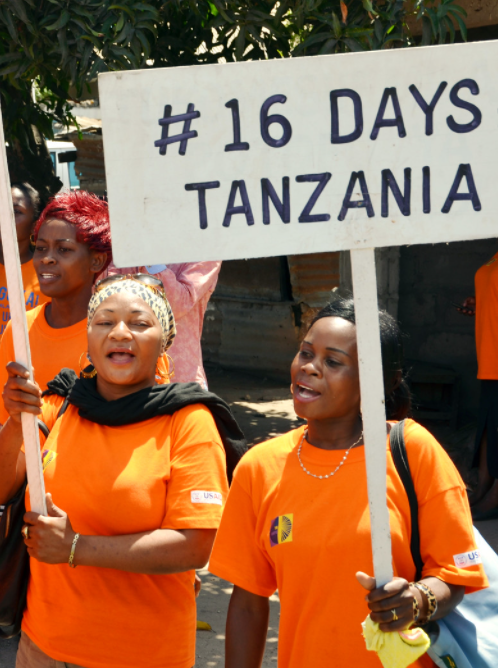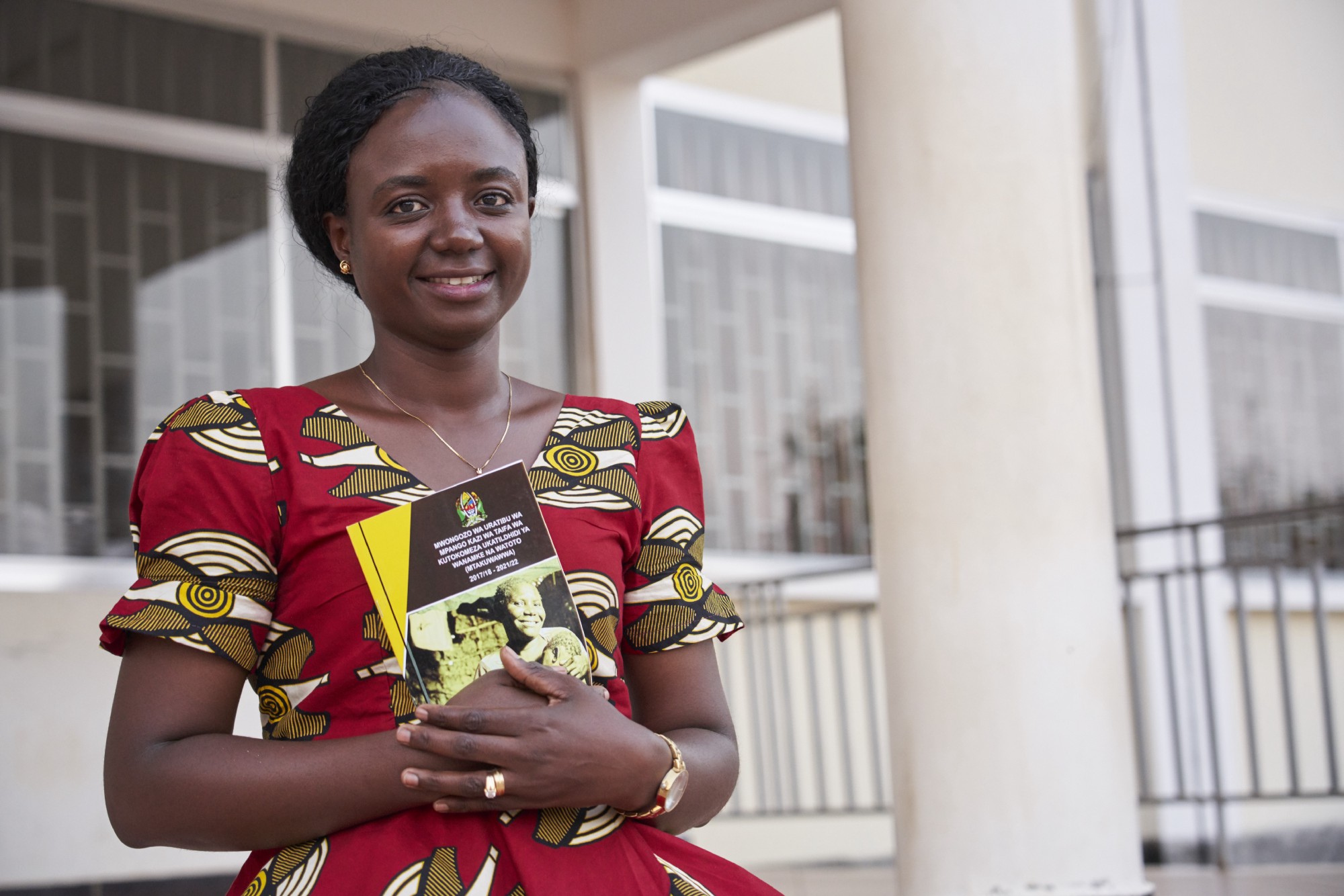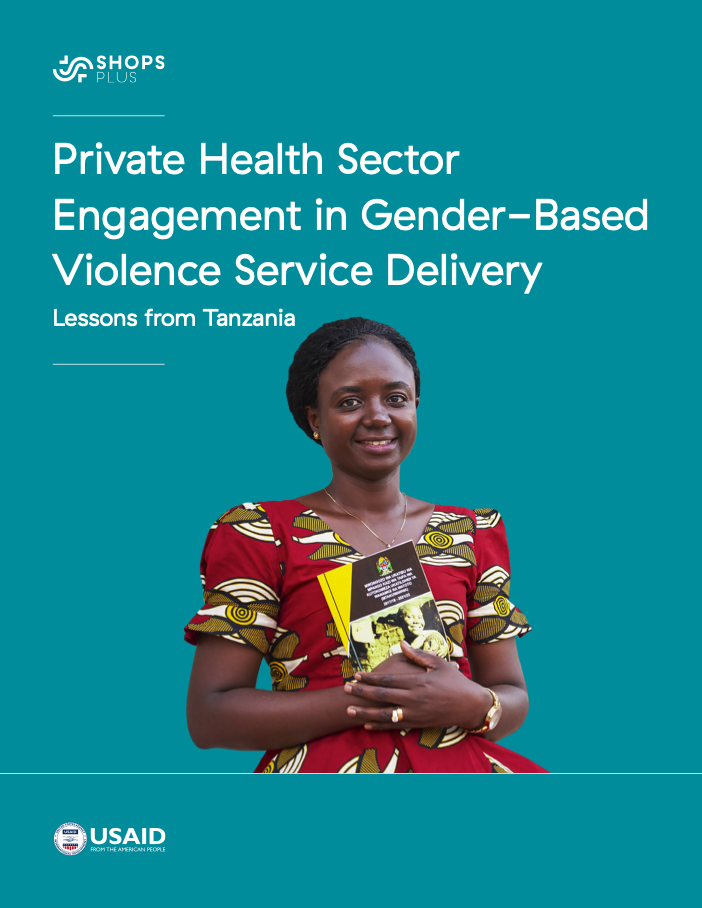Integrating private providers into the Gender-Based Violence response

In coordination with the Tanzanian government, SHOPS Plus engaged private sector health providers in training and informal networking opportunities to support the provision of quality Gender-Based Violence (GBV) services. The pilot aimed to understand whether, and under what conditions, private sector providers trained in GBV service delivery could become part of a GBV continuum of care. This pilot was documented in a new brief titled, Private Health Sector Engagement in Gender-Based Violence Service Delivery Lessons from Tanzania. The brief summarizes the pilot, shares findings, shows how global lessons in GBV service delivery relate to those learned in the private sector in Tanzania and provides recommendations to facilitate the integration of GBV services in the private sector in Tanzania and globally.
Background
Private sector family planning providers account for 37 percent of family planning services delivered in Tanzania. These providers serve many areas where public facilities are scarce. While Tanzania has a relatively strong GBV response mechanism, it has operated exclusively through the public sector. This public sector exclusivity means private sector family planning providers do not have access to the training, mentoring, and equipment that would enable them to provide survivors with appropriate services, including screening and referral.

SHOPS Plus sought to explore possibilities for integrating private providers into the national response. Possibilities that were explored in the project implemented a pilot program in 2019/2020. The pilot worked together with the government of Tanzania and a local NGO, Women in Law and Development in Africa-Tanzania (WiLDAF). WILDAF trained 36 providers from 29 private facilities to integrate GBV and violence against children services into their practices.
Following the pilot, an assessment was conducted to evaluate the impact of the pilot to determine its effectiveness and opportunities to scale private provision of GBV services in addition to global lessons that could be applied in other country settings.
The post-intervention mix method assessment, conducted in February/March 2021, aimed to determine:
- How are providers serving GBV survivors in facilities?
- How are providers linking survivors to services that are not available in the facility (e.g., social welfare officers, police, others)?
- To what extent do providers recognize reproductive coercion as an intersectional issue between family planning and GBV services?
- How are facility managers, and others, supporting private providers contributing to Tanzania’s GBV response?
- What costs are associated with the provision of GBV services?
- What are providers' and other stakeholders’ recommendations for sustaining, expanding, or improving private sector participation in GBV services?

The brief describes the intervention, study findings and lessons learned concluding that private sector family planning providers can be enthusiastic and essential partners for ensuring access to GBV services. While there are challenges in integrating private providers into the health system’s GBV response, there are also promising benefits for client health and rights.